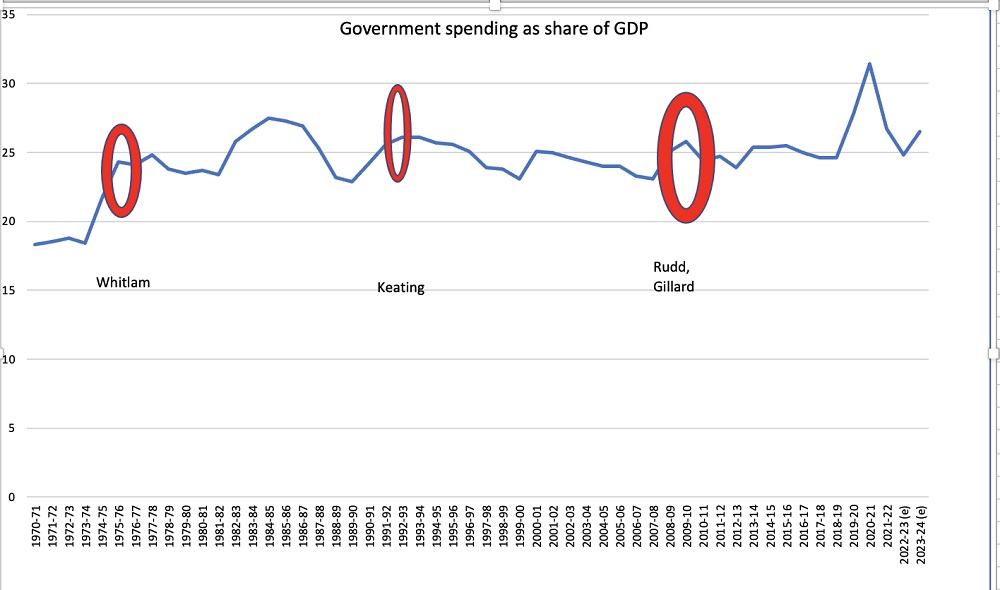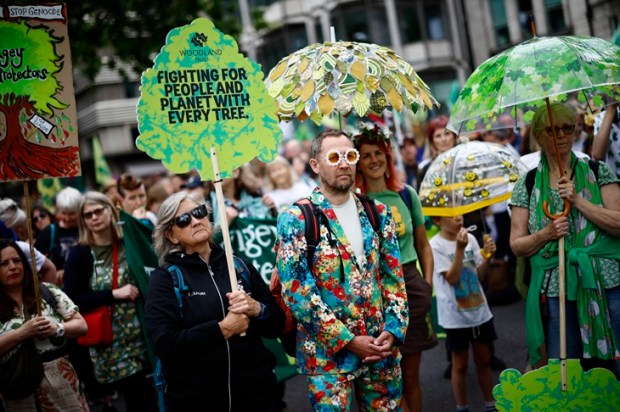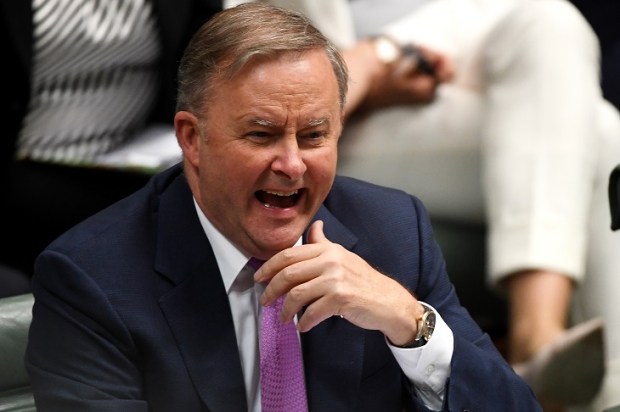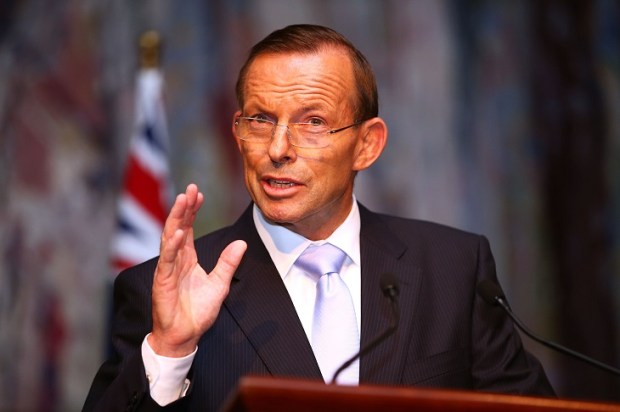The forerunner of democracy – a post-medieval one-man-one-vote – was propelled by radicals seeking greater freedom of trade, speech, and religion in the face of vested interests and intolerance.
Building upon gains in these areas, radicals promoted greater equality – first of incomes (by compulsory takings from the better-off) and subsequently augmenting this with regulatory measures on economic activities. At a later stage, some special privileges were extended to previously disfavoured racial groups. In this latter respect, people, at least in Western nations, are probably more accepting of non-mainstream race, religious, and sexual preferences than in any previous era.
Yesteryear’s libertarian radicals are now the political incumbents. A dominance of politics over economics has prevailed to a greater degree than has been seen historically in settled societies. Having achieved ascendancy, the controlling political elites now seek to push their agendas further while locking-out scope for change by a future conservative/liberal reformist government.
We have now landed at a place where governments seize over one-third of the incomes of those deemed to be well off and redirect it largely to those considered to be needy. It is inconceivable that such exactions can be imposed without having adverse repercussions on enterprise and, hence, aggregate living standards.
In addition, regulatory measures entail costs to promote favoured environmental values. These impose particular harm on efficient land use. This is extended by the perfidious sanctimony regarding approved types of energy supply and policies that subsidise electric vehicles and discriminate against coal, gas, and nuclear energy and, prospectively, gas stoves.
The social agenda is being pushed with measures that increasingly favour minorities and those deemed to have been discriminated against or have otherwise failed to achieve the standard having been established by white males.
In Australia, contemporary issues dividing the green left elites and the centrists from conservatives/liberal reformists can be summarised as follows.
|
Green and socialist left |
Centrists |
Conservatives/ liberal reformists |
|
|
Commonwealth government spending |
Considerable increase |
Hold at 23.9 per cent of GDP |
Considerable reduction |
|
Energy |
No nuclear; increase support for wind, solar, hydrogen |
Allow nuclear; less support for wind, solar hydrogen |
Eliminate all support for renewables, allow nuclear, gas and coal |
|
Indigenous Voice and support |
Enshrine Voice within the Constitution; support reparations & funding; increase land rights |
Voice subject to Parliament; no reparations. |
No separate Voice; no separate land rights; markedly reduce funding |
|
Housing |
More subsidies and government building |
Continue subsidies, relax regulatory approvals for land |
Eliminate subsidies; remove most land use regulations |
|
Sexual preferences |
Discriminate in favour of transsexuals |
No discrimination |
No discrimination |
|
Defence |
Hold or reduce funding |
Increase funding |
Increase funding |
While conservative/liberal reformists tend to regard their own positions as mainstream, in fact, based on election outcomes, they can be certain in Australia of no more than 15-25 per cent of the vote compared to the socialist/green left at about 55 per cent of the vote and the centrists at 25-35 per cent. (In the latest German regional election, the conservatives/reformists – some of whom are quite green – got 15 per cent, the socialists/greens 53 per cent, and the centrists 26 per cent.)
The electorate wants lower taxes; more compassion for those left behind, deemed vulnerable, or facing apparent disadvantage; lower interest rates (in the case of borrowers); lower national debt; and more free stuff, especially for themselves. Politicians have evolved as a class that weaves paths through these and other incompatibilities. They offer plausible, if ultimately unworkable, solutions, and use public funding to hire advisers to help them do this and to persuade the electorate that they are successfully navigating the various shoals. In this they are assisted by a media that is broadly sympathetic to political interventionism.
Modern elected politicians are demonstrably far removed from their predecessors. Rather than seeking to inch a way to greater liberty and to lower the burden on taxpayers, their objective in ‘making a difference’ is to push the boundaries of workable political and economic solutions. And they do so in a vacuum untouched by the competitive pressures to seek the best investments at the least cost that has driven capitalist success. Many politicians (and senior public servants) reject and few understand how wealth is created (think pink batts, a net $40 billion wasted on the Rudd-Conroy NBN, blind obeisance to the mirages of renewables, and throwing funds at consumers to create sustainable economic growth). Most have spent their lives examining ways that politics should override individual decisions and ‘correct’ unwanted side effects from these.
The consequent misjudgments have to be unravelled. But even what were often described as radical readjustments to excesses (Fraser following Whitlam, Howard following Keating, Abbott following Rudd/Gillard) did little more than prevent further spending uplifts.

We have mounting debt (barely arrested in this year’s extraordinary export prices), increased impositions on the community as taxpayers and energy users, higher penalties on production, added volumes of sand in the regulatory gearboxes, and an increased siphoning off of the rewards from successful enterprise. Unravelling all this may come softly with enduring economic and political pain or it may be sudden and very severe.

























